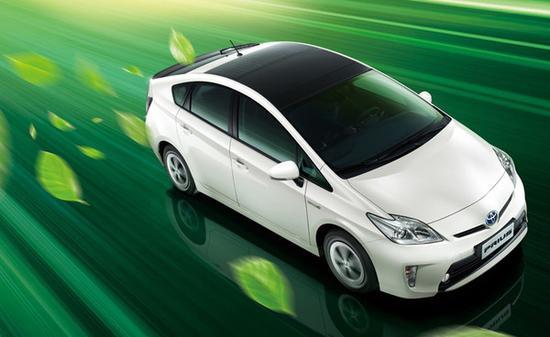Original title: New Energy Used Cars Face an Embarrassing Situation: A 950,000-Yuan Tesla Loses Over 300,000 in Value in Just Three Years A Tesla Model S that originally cost 950,000 yuan now has a residual value of less than 33.6% after three years, which is significantly lower than the typical 50% or more retained by traditional fuel vehicles of similar value. This rapid depreciation has left many consumers frustrated and questioning the long-term value of electric cars. The new energy vehicle market, which began to grow in 2014, is now seeing early adopters considering replacements. However, challenges like low resale value, lack of standardized valuation methods, and limited secondary market channels are hindering the growth of used new energy vehicles. Yan Jinghui, an automotive market expert, emphasizes that opening up second-hand car circulation is crucial. He suggests that industry standards should be established, product performance improved, and tax incentives offered to recycling companies to boost their motivation. Low Resale Value – A Major Pain Point A reporter from Beijing Business Daily found that most used car dealers avoid selling new energy vehicles. Although some online platforms list used EVs, the prices often exceed those of new models, and actual transactions remain rare. Car dealers typically rely on basic assessments such as age and mileage, but without clear formulas for calculating depreciation, they often undervalue these vehicles, shifting the risk onto themselves. An industry insider revealed that one of the biggest factors affecting the resale value of new energy cars is the low hedge rate. For example, the Tesla Model S, introduced in 2015, had a two-year depreciation rate of 69%, and by 2018, its three-year depreciation rate dropped to just 33.6%. This means that a 950,000-yuan car would only retain about 320,000 yuan in value after three years. Luo Lei, Deputy Secretary-General of the China Automobile Dealers Association, highlights that battery quality, endurance, and manufacturer warranties play a key role in determining the value retention of new energy vehicles. While governments and manufacturers offer subsidies to attract buyers, there are no such benefits for used EVs, making it harder for them to compete in the market. Battery Life Determines the Value Unlike traditional cars, where depreciation is based on age and mileage, new energy vehicles depend heavily on battery life. A used car dealer admitted that evaluating EVs involves checking the power system—battery and motor—something that is not yet standardized. Currently, there’s no third-party organization to test the condition of these systems, making accurate valuations difficult. Battery quality is usually measured by comparing full charge range with calibrated mileage. A 70% capacity is often considered acceptable. However, different manufacturers use varying battery technologies. Some lithium iron phosphate batteries, for instance, degrade quickly, causing "range anxiety" and reducing the car's resale value. Luo Lei also pointed out that the supply and demand dynamics in the used EV market are still unclear, with no clear profit model to support professional businesses. In this gap, he urges automakers to take responsibility and establish proper disposal channels for end-of-life EVs. No Standardized Testing Method A survey by Beijing Commercial Daily found that the main issue with used EVs is the lack of standardized testing procedures. Valuation is largely based on market conditions, leading to disputes over pricing. Although regulations require manufacturers to track vehicle performance and battery usage, these do not cover pricing factors. Yan Jinghui believes that setting clear standards for depreciation rates and battery loss will be key to boosting used EV transactions. “Once standards are in place, the market will become more active,†he said. Looking ahead, he predicts that as battery technology matures and is reused in other sectors, manufacturers will take greater responsibility for battery testing and official certification of used EVs, ultimately improving their value retention. Limit Switch,Micro Limit Switch,High Limit Switch,Telemecanique Limit Switch Shanghai Janetec Electric Co., Ltd. , https://www.janetecelectric.com